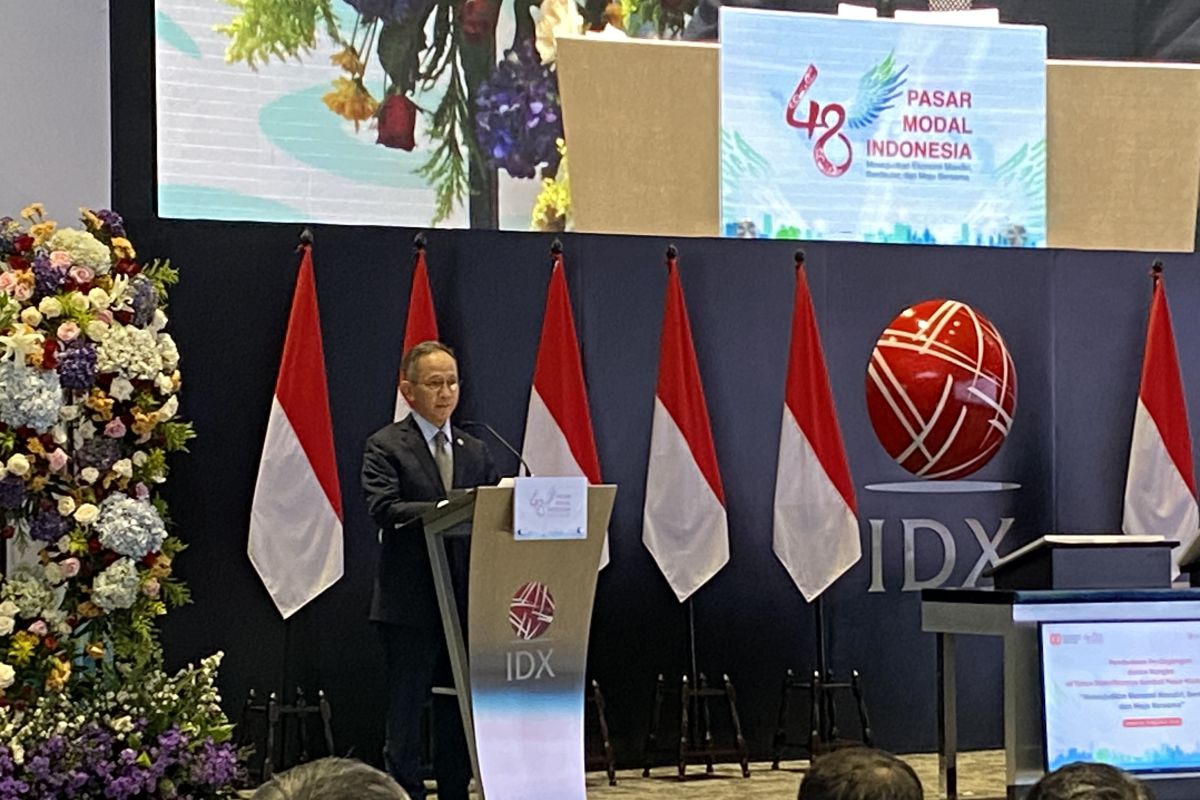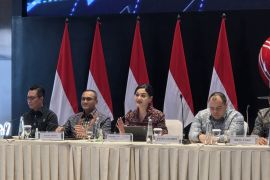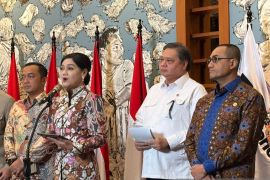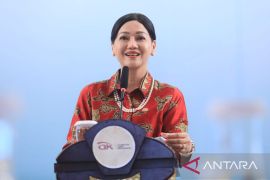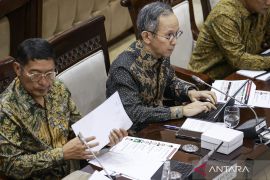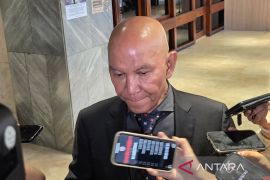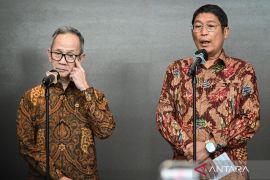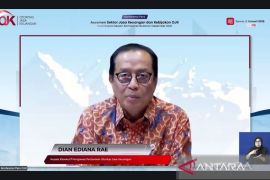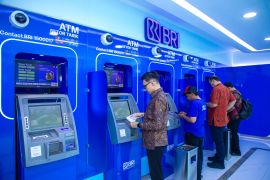Speaking at the 48th Anniversary of the Indonesian Capital Market at the Indonesia Stock Exchange (IDX) in Jakarta on Monday, OJK Chairman Mahendra Siregar outlined the first pillar: enhancing the supply side.
“First, we are increasing supply by accelerating the listing of high-potential companies, including MSMEs and digital startups, and by developing innovative financing instruments, such as green bonds, wakaf sukuk, and securities crowdfunding,” said Mahendra.
The second pillar focuses on strengthening demand, including efforts to expand the domestic retail investor base, improve financial literacy and inclusion, and boost institutional investor participation.
The third pillar centers on reinforcing market infrastructure and stakeholders through digital transformation, improvements in integrated supervision systems, and institutional capacity-building.
Mahendra added that sustainability remains a top priority for the development of Indonesia’s capital market. OJK continues to promote the implementation of environmental, social, and governance (ESG) principles across all sectors of the financial services industry.
In the past year, transactions on the Indonesia Carbon Exchange have steadily increased, with the total value reaching IDR 77.95 billion (USD1 = around Rp16,283) and trading volume surpassing 1.59 million tCOe, as of August 8, 2025.
Related news: Indonesia's financial sector is able to face global uncertainty: OJK
“With the recent launch of international carbon trading on the Indonesia Carbon Exchange, transaction volumes and values are expected to continue growing,” Mahendra stated.
OJK is also working to strengthen regulations, build market participant capacity, and encourage innovation in ESG implementation to create a more inclusive and sustainable capital market in support of national development goals.
This year also marks a major milestone for Indonesia’s financial services sector, with OJK officially taking over regulatory and supervisory authority over financial derivatives markets.
“This transfer is more than an institutional shift—it is a key part of our national strategy to promote financial derivative innovation, enhance investor protection, and improve governance to meet the needs of an increasingly modern and dynamic industry,” Mahendra said.
He also expressed confidence that Indonesia’s capital market will play an even more strategic role in supporting national development priorities, particularly those outlined in the Asta Cita 2025–2029 agenda.
This agenda emphasizes the creation of quality jobs, inclusive and sustainable economic transformation, and the development of a resilient, efficient, and globally competitive financial system.
Mahendra concluded by encouraging all stakeholders to use the momentum of the Indonesian Capital Market’s 48th anniversary as a catalyst for maintaining integrity and contributing meaningfully to national economic development.
Related news: Capital market helps maintain economic stability: OJK
Translator: Rizka, Azis Kurmala
Editor: Rahmad Nasution
Copyright © ANTARA 2025
